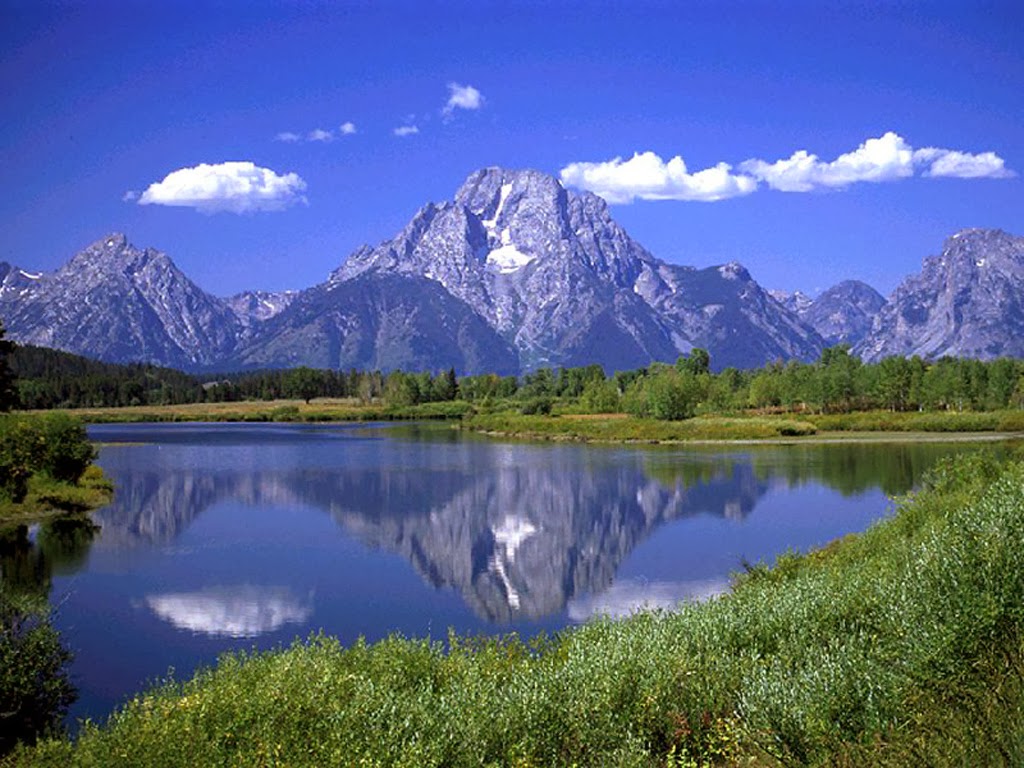 Many people request their cremated remains be scattered in a place that held meaning to the loved one and their family. However, scattering cremated remains in a public place raises public health issues as well as concerns regarding the sanctity and proper treatment of human remains.
Many people request their cremated remains be scattered in a place that held meaning to the loved one and their family. However, scattering cremated remains in a public place raises public health issues as well as concerns regarding the sanctity and proper treatment of human remains.
The scattering of ashes on land is governed by a patchwork of federal, state and local regulations designed to protect the public and the sanctity of human remains. If the land on which your loved one wants her remains scattered is privately owned, you must ask the land owner for permission to go onto the property and to scatter the ashes. If permission is granted be sure that you get that permission in writing. Also, be clear about whether family members will later be allowed to go onto the landowner’s property to pay respects to the loved one. A landowner might well allow a onetime intrusion on their land, but not wish to have family members dropping by whenever they wish.
Some people request that their cremated remains be scatter on public lands such as state and national parks. While many people approach scattering ashes in public places with a “don’t ask, don’t tell” policy, scattering cremated remains in a public place requires permission and may be subject to special permitting and various restrictions, if it is allowed at all. Municipalities and states have rules and restrictions that restrict scatterings. Family members should check with the state or local governing authority before scattering a loved one’s remains in a park or other public place.
National parks can allow loved ones to scatter cremated remains, but again the scattering of human remains is subject to restrictions. Each national park or monument has its own permitting requirements and restrictions on where and how cremated remains can be scattered. Families should check with the particular park before planning a memorial scattering. If a permit is granted, ashes should be scatter only in accordance with the permit restrictions.
Like disposing of ashes on public lands, scattering cremated human remains in bodies of water is also regulated. Scattering cremated remains in a body of water raises additional concerns regarding preventing the ingestion of human remains by others who may be using the body of water for recreation or for a potable water source. If your loved one wanted his/her ashes scatter in a body of water, be sure you find out which government or regulatory body manages the body of water and contact it for any permitting or restrictions it may impose on the scattering of human remains. If the body of water is a source of drinking water, scattering cremated remains may be prohibited for public health reasons.
If you are requesting that your remains be scattered in a particular place, work with your estate planning attorney to find out in advance if your loved ones will be able to honor your wishes and, if they can, what will be required of them.



